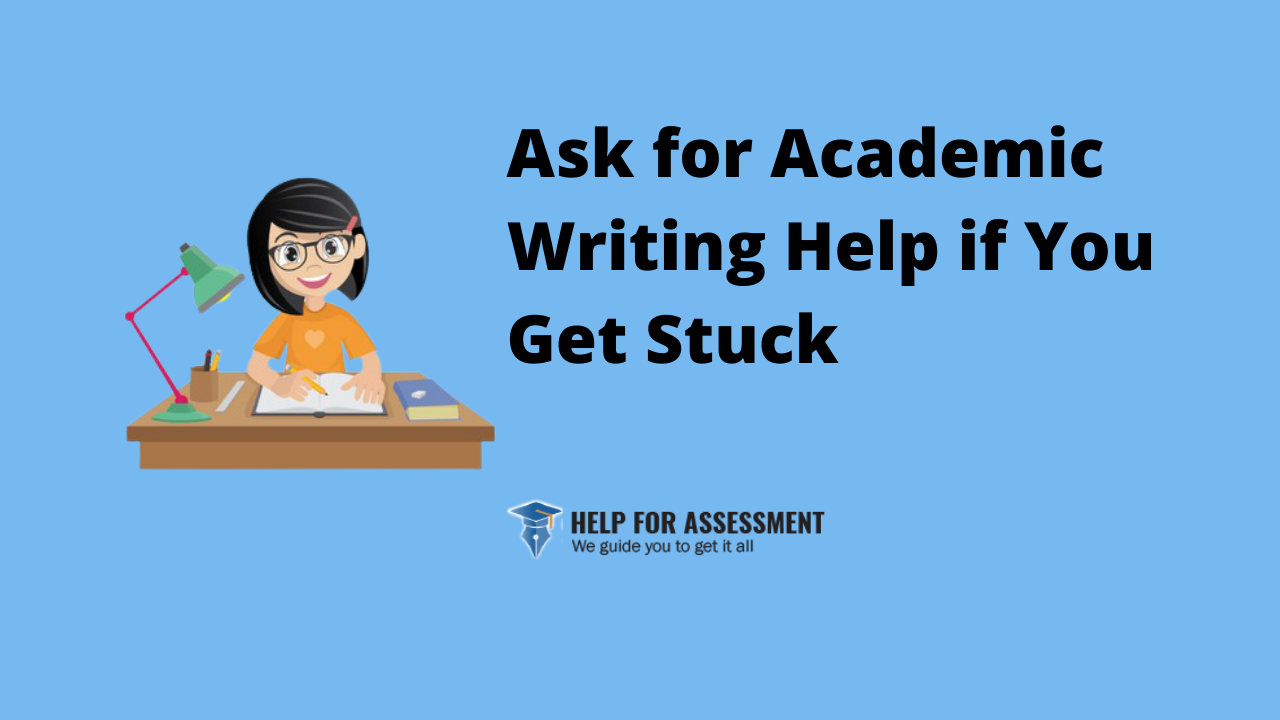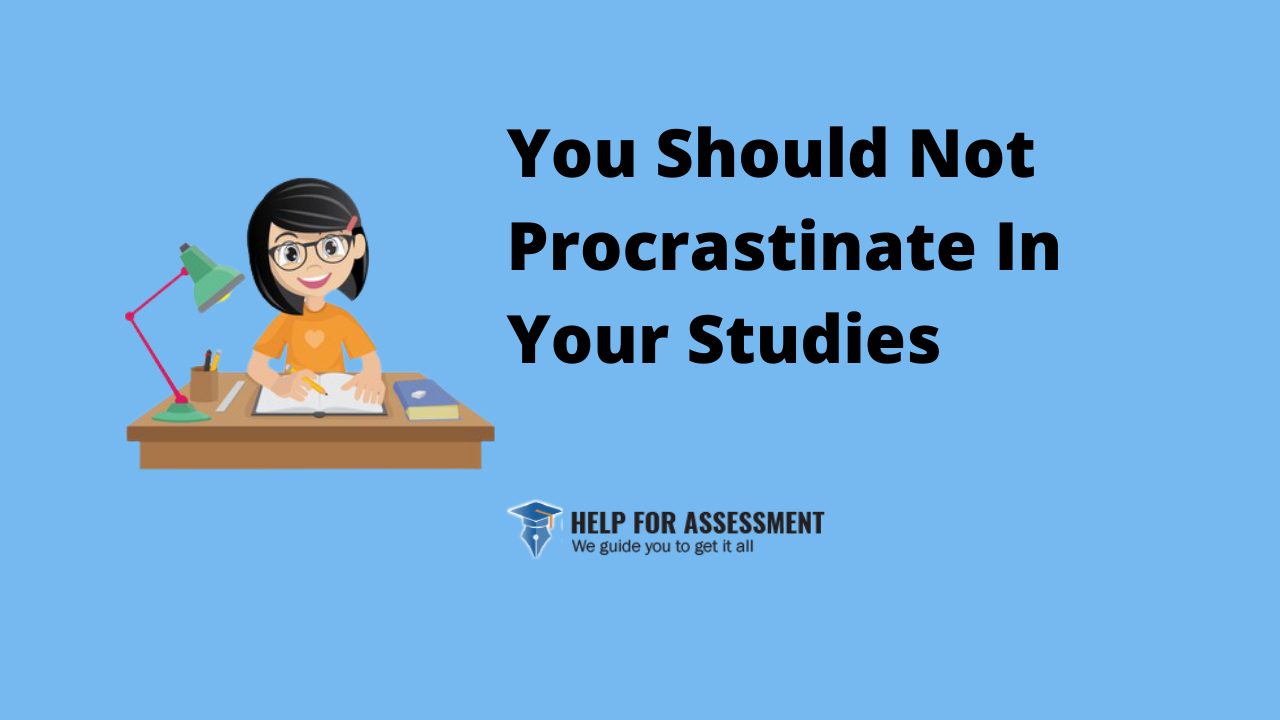Finding a balance between college education and your social life should be your goal from the very beginning. And with learning being the central theme for the period that you'll be in college, it's good to find good study habits and incorporate them in your learning culture from start to finish.
Sure, college life gives you a lot of freedom for fun and play. With no pre-defined routine that determines what you have to do and where you have to be, and what time, it's easy to fall for the temptation that you can do what you want when you want.
However, remembering that you will have many assignments to complete, a series of classes to attend, and many essays to write, it makes a lot of sense to adapt good study habits for college students right from the start.
With that said, here are some of the most effective study tips for college students that you can start using right away.
Effective Study Tips for College Students that You Can Start Using Right Away
1. Study Regularly
The interactive session with your instructor is an effective learning method in college. However, since your professor can only give you so much in every session, it’s best to develop the habit of studying regularly. Doing so will go a long way to help you understand subjects better in readiness for upcoming exams and even take home assignments.
Studying regularly isn’t exactly something you can do from off of the top of your head. For the approach to be effective, create a schedule that you can use to determine what subject to revise and when. In addition, identify a good spot on campus where you’ll feel comfortable enough to hold your study session undisturbed.
2. Use a Calendar to Track Important Dates
You’ll have many assignments to complete every week, but the work can be quit overwhelming if you aren’t well prepared.
Quite too often, the best and easiest way to tackle assignments is to create a plan. You can use a digital calendar and a reminder app to keep you up to date.
These two tools make studying easier and fun because they allows you to keep track of the most important dates for school events, exams, and assignments.
By knowing what you need to work on and when, you can easily stay ahead of the most important assignments and events while developing good study habits as you continue with college.
It’s best to check your calendar on a daily or weekly basis to know the deadlines of each assignment in advance. If it helps, use a separate checklist to list out what you’ve already completed for a given day or week.
3. Ask for Academic Writing Help if You Get Stuck
We’ve all found ourselves in the situation where we have too many assignments to handle in just a short time.
From argumentative essay and capstone projects to analytical assignments and TOK writing, there’s a lot you’ll have to do depending on the course and the level of education you’re pursing.
Given the many assignments that you’ll have to complete, college life can be quite overwhelming and look a lot harder than it actually is.
It doesn’t have to be that way, though, because you can ask for academic writing help and find a good balance between schoolwork and your social life.
The academic writing team at Help for Assessment takes pride in helping students understand their assignments and write better papers, and that’s what makes us the right team to work with.
So if you’re ready to seek for external help for your college assignments, let us help you get your writing completed in time.
4. Never Cram for Your Exams
There’s nothing worse than receiving your test results only to find out that you failed miserably. Chances are, you were late in revising for the examination and ended up cramming for it rather than actually reading.
Cramming for an upcoming exam can only get you so far. That’s why it’s important to create a revision plan that will help you prepare to tackle every paper that will land on your desk. So beyond using a calendar and app to track important dates for assignments, use the same tools to create a revision timeline that will help you to prepare for what’s to come.
With a revision schedule in place, it becomes easy for you to review study materials in-depth.
Unlike cramming a ton of study materials in one session, going slowly and steady helps you to understand a subject better and makes you prepared to tackle the examination on that particular subject.
It even helps if you find time between classes to revise for your upcoming exams. If you have some fun activities that can wait for the weekend, use that period to revise in readiness for a future test.
Since prior preparation prevents poor performance in college, you won’t have to stress yourself to cram the revision materials the night before the main exams.
5. Don’t Procrastinate
Yesterday you said tomorrow. Today you’ve said tomorrow. Do you see where you’re going with this? You are procrastinating, and that’s not good for your college life.
Even if you have other interesting and personal things to do, you need to give your study schedule the respect it deserves. It doesn’t matter if the subject is hard or the assignments are difficult to complete.
You knew college was going to be somehow challenging anyway, and successful students are the ones that face these challenges head on.
Reschedule your revision simply because you find a particular subject difficult or less interesting is suicide mission. In fact, the more you procrastinate your studies, the less effective your revision session, which means you’re highly unlikely to do well in your examination.
Perhaps the worst thing about procrastination is that it leads to the last minute rush. Since last minute preparations aren’t always effective, it’s highly unlikely that you’ll do well in your examination.




